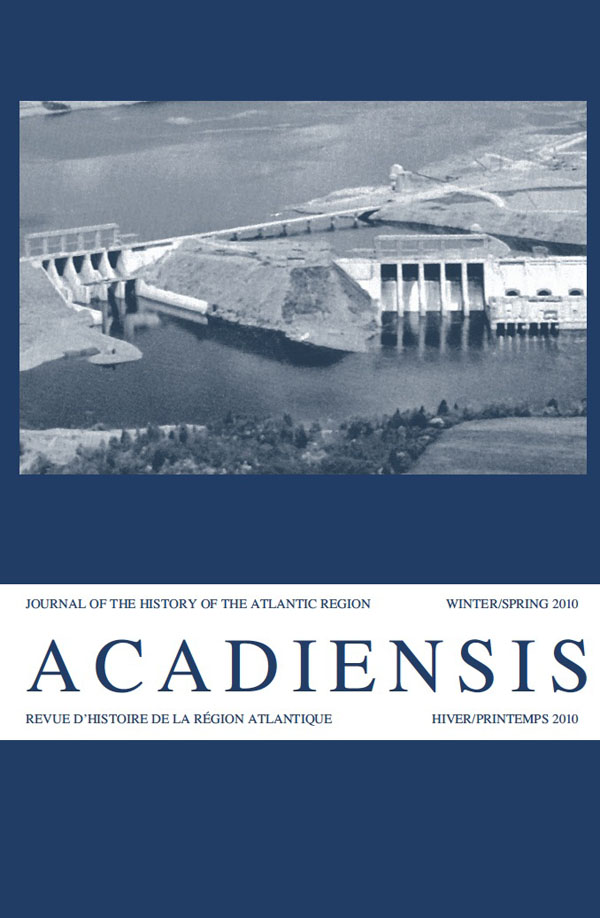Abstract
This article considers four different ways in which gender relations figured in tax matters and their connection to citizenship between 1914 and the mid-1950s. Topics covered include interventions in tax debates, tax evasion in working-class work, taxation and women’s voting rights, and women’s response to the introduction of mass income tax in 1942. The general conclusion that follows from these narratives is that gender norms and the diverse organization of families were implicated in the relations of extraction (i.e., the complex web of connections between taxation practices and the various rights and obligations of citizenship). Résumé Cet article examine quatre façons dont les rapports hommes-femmes apparaissent dans les questions fiscales et leur lien avec la citoyenneté entre 1914 et le milieu des années 1950. Les sujets traités comprennent les interventions dans les débats fiscaux, l’évasion fiscale dans le travail ouvrier, la taxation et le droit de vote des femmes, et la réponse des femmes à l’introduction généralisée de l’impôt sur le revenu en 1942. La conclusion générale qui découle de l’exposé de ces faits est que les normes sexuelles et l’organisation diverse des familles avaient une incidence dans les relations d’extraction (c.-à-d., le réseau complexe de liens entre les pratiques fiscales et les divers droits et obligations de la citoyenneté).Copyright for articles published in this journal is retained by the author(s), with Acadiensis being granted a non-exclusive licence to each and every right in the work throughout the world. After publication of the work, the author(s) shall have the right to self-archive the work and to reprint the work in whole or in part in books authored by or edited by the author(s) without the payment of any fee. In these other formats, however, the author or authors are required to acknowledge the original publication of the work in the pages of the journal. In the case of any requests to reprint the work, Acadiensis will require a standard permission fee -- to be divided equally between the journal and the author. In the event that such requests are received by the author(s), the author(s) shall direct such requests to the journal.

